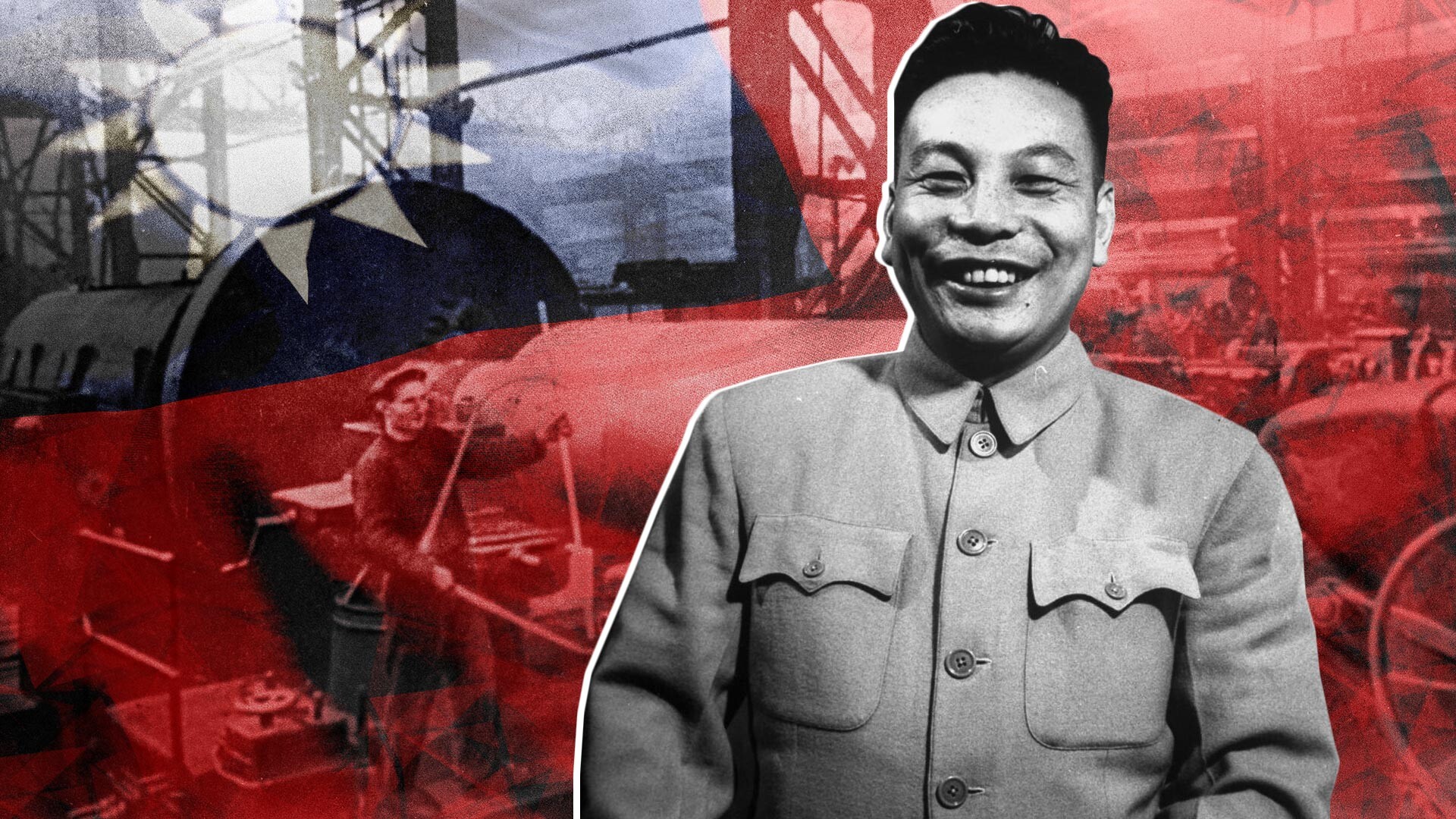
In 1978, a man whom many had once known as an ordinary worker from a factory in the Urals and a member of the Communist Party by the name of Nikolai Elizarov became president of the Republic of China on the island of Taiwan (not recognized by the Russian Federation). How did a champion of world revolution from distant Russia find himself at the pinnacle of power on a anti-communist Asian country?
In actual fact, Elizarov was neither Russian nor a communist (at least, not since the late 1930s). He was Chiang Ching-kuo, the eldest son of Generalissimo Chiang Kai-shek, the long-standing leader of the national conservative Kuomintang party and head of the partially-recognized island state of Taiwan, while Elizarov was the name under which the son had, at one time, lived in the Soviet Union.
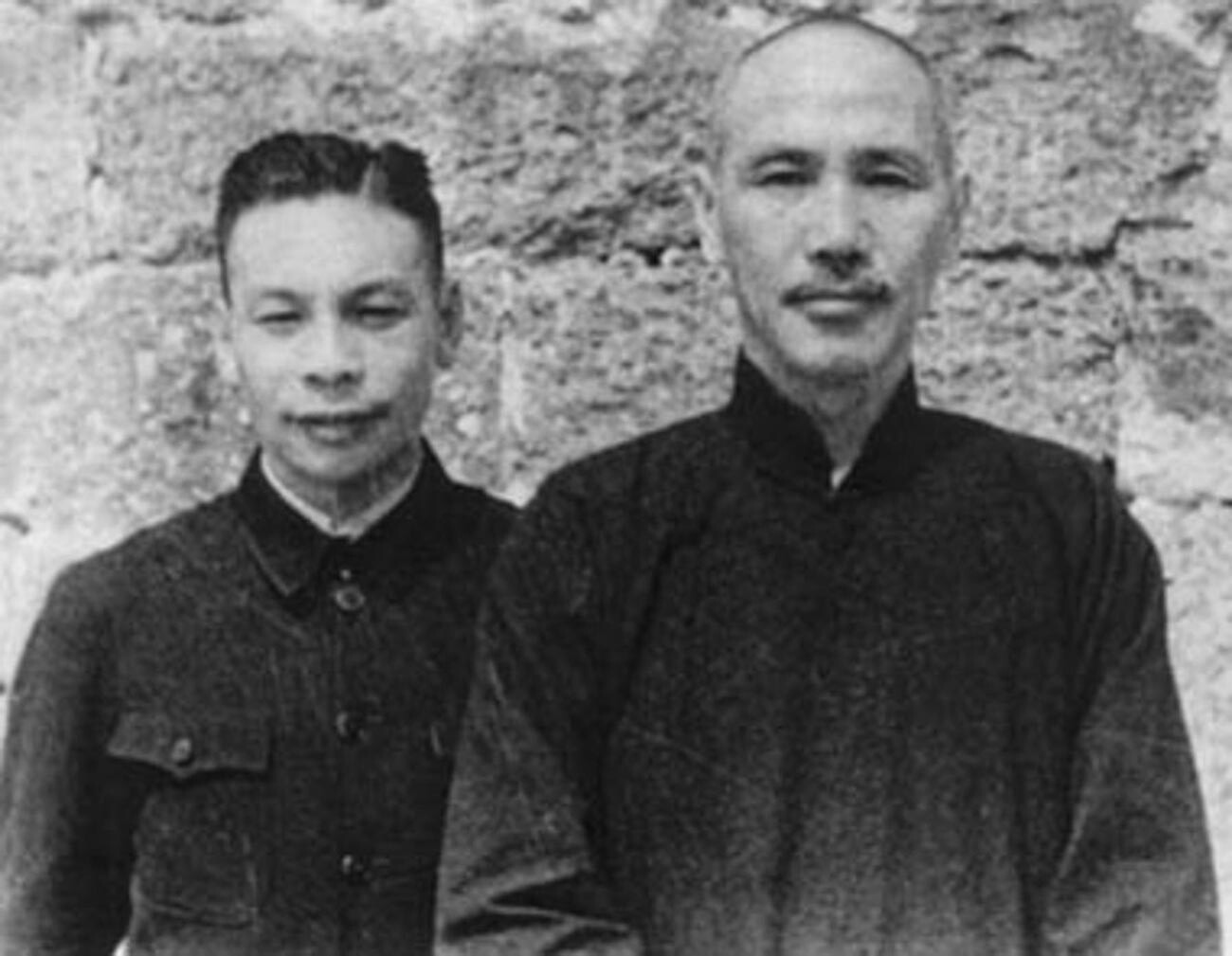
Chiang Ching-kuo and Chiang Kai-shek.
Legion MediaAfter the collapse of the Qing Empire in 1912, China was plunged into a state of chaos, with the country divided between military-political warlords in the absence of a strong centralized government. One of the most influential forces striving to end the crisis was the Kuomintang party.
Chiang Kai-shek, who became its leader in 1925, as well as his predecessor, Sun Yat-sen, drew on the Soviet Union’s support in their struggle. In cooperating with the Kuomintang as it rapidly gained ground, Moscow wanted to spread its influence in the region. By deciding to back the nationalists, the USSR even forced the much smaller Chinese Communist movement to join them.
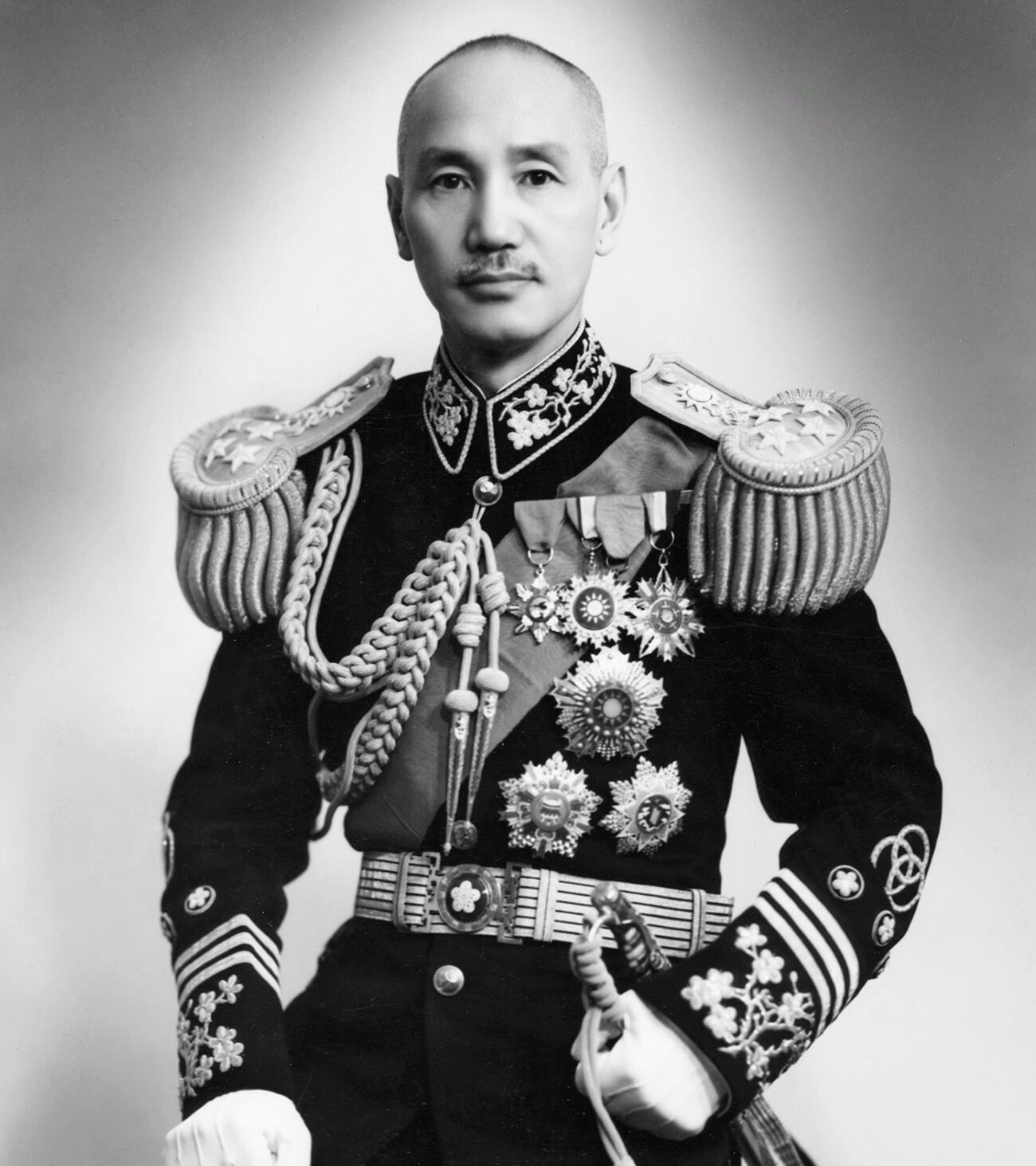
Chiang Kai-shek.
Public DomainThe Bolsheviks were eager to train those Chinese who were friendly to them in the Soviet Union and, in 1925, Chiang Kai-shek’s son, Chiang Ching-kuo, arrived in Moscow. There, the 16-year-old teenager stayed with Anna Elizarova-Ulyanova, Lenin’s older sister, for a while, after which he came up with the pseudonym "Nikolai Elizarov", which sounded more familiar to the Russian ear.
In Moscow, Chiang enrolled at the Communist University of the Toilers of the East, where one of the future leaders of Communist China, Deng Xiaoping, was studying at the same time. Chiang completed traineeships at the Kazan tank school and a military-political academy in Leningrad (now St. Petersburg) and worked on the shopfloor at the Dinamo plant.
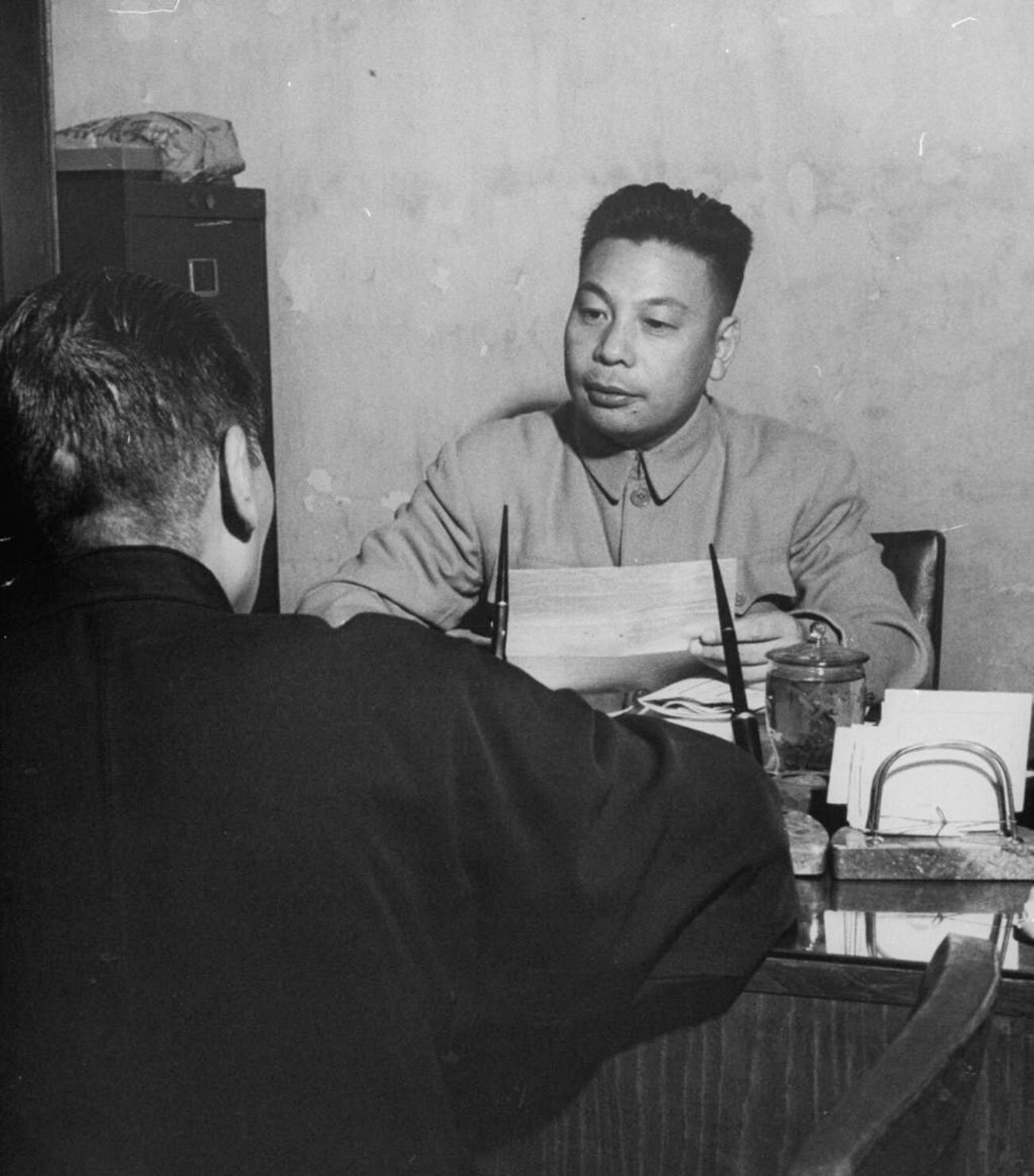
Chiang Ching-kuo.
Public DomainChing-kuo/Elizarov acquired an excellent command of the Russian language and was settling in well in his new surroundings at the same time as his father was effectively uniting the country under the Kuomintang banner, during the so-called Northern Expedition against military warlords and the weak Beiyang government.
Everything changed on April 12, 1927. Chiang Kai-shek, who didn’t want to share power with anyone, struck a sudden blow against his allies, organizing mass arrests and executions of Chinese Communist Party members and forcing the party to go into hiding. These actions could not go unanswered by Moscow and, in December of that year, diplomatic relations between the two countries were severed.
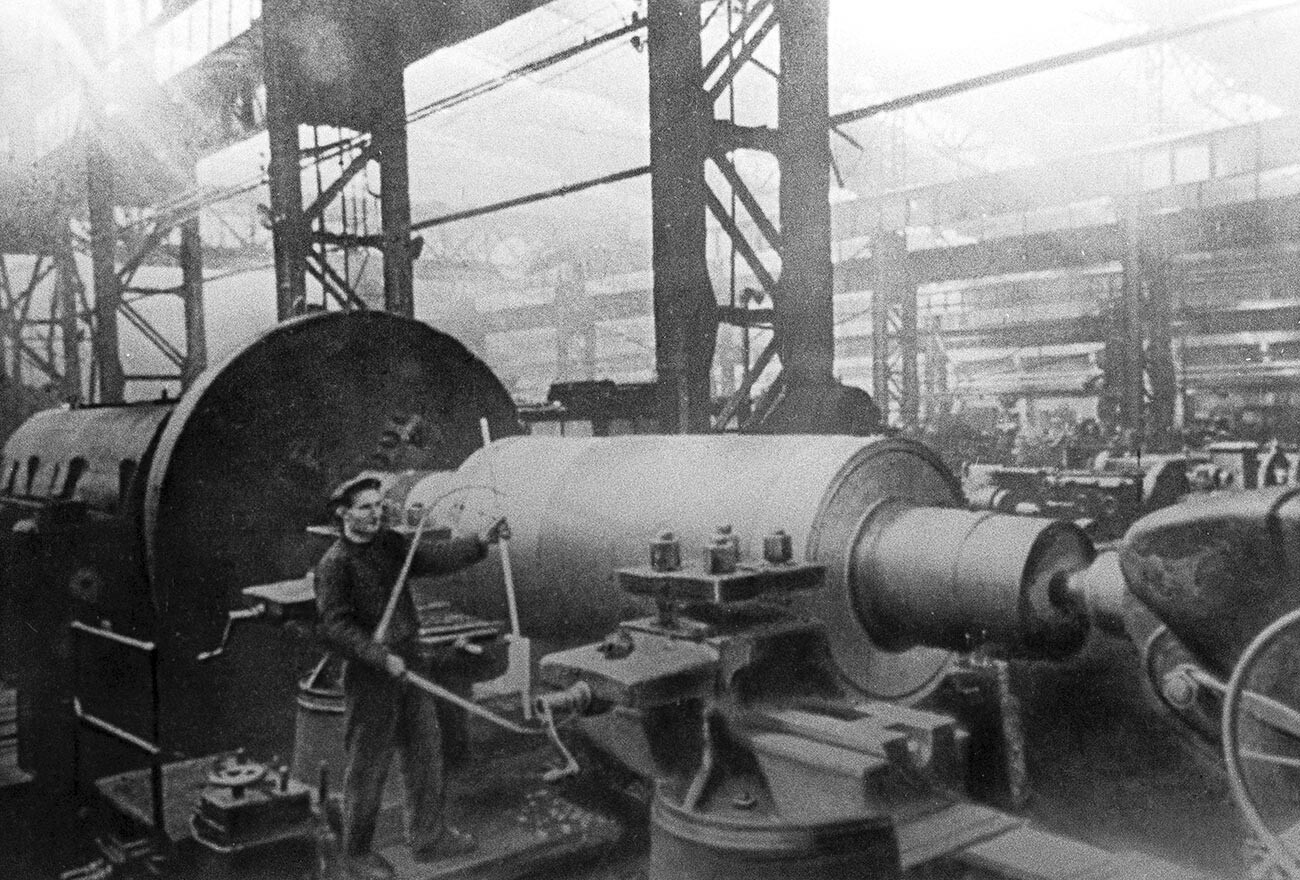
The Uralmash heavy machinery plant.
SputnikStunned by what had happened, Chiang Ching-kuo found himself in a difficult situation. He immediately repudiated his father publicly, denouncing his actions. No political persecution of Chiang Kai-shek’s son followed and, for a while, he continued working on a collective farm in Moscow Region.
Nevertheless, the estrangement between Stalin and the Chinese leader grew and, so as not to annoy the Chinese Communist representatives in the Comintern, in 1932, Elizarov was sent away from the capital to the city of Sverdlovsk (Yekaterinburg) in the Urals.
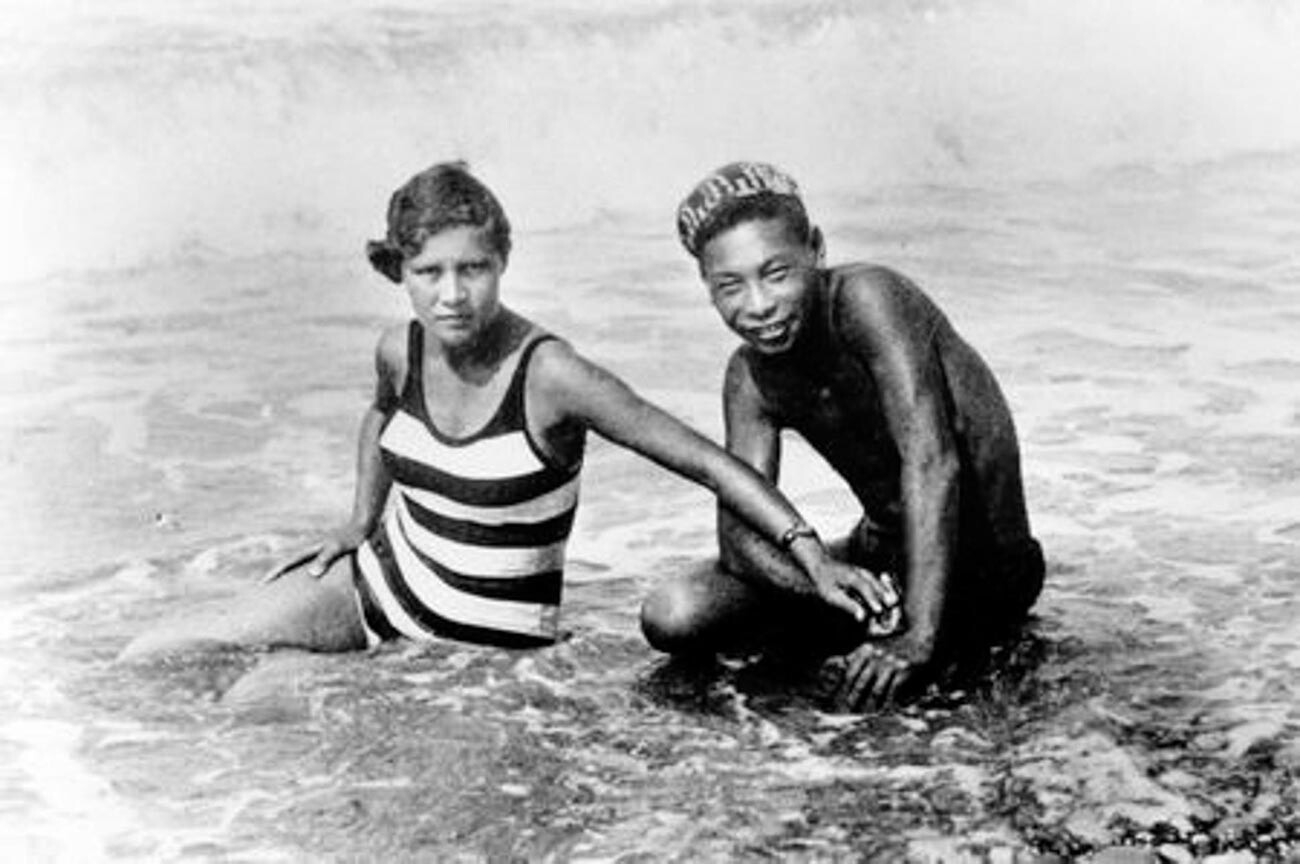
Chiang Ching-kuo and Faina in the Soviet Union.
Legion MediaAfter starting work at the Uralmash heavy machinery plant, Chiang Ching-kuo became assistant to the head of a machine shop responsible for social issues and was involved in sorting out workers’ welfare problems. Subsequently, he took up the editorship of the local newspaper, ‘For Heavy Machine Building’.
Elizarov also settled down in his personal life. In 1935, he married Faina Vakhreva, a fellow worker at the factory and she promptly bore him two children.
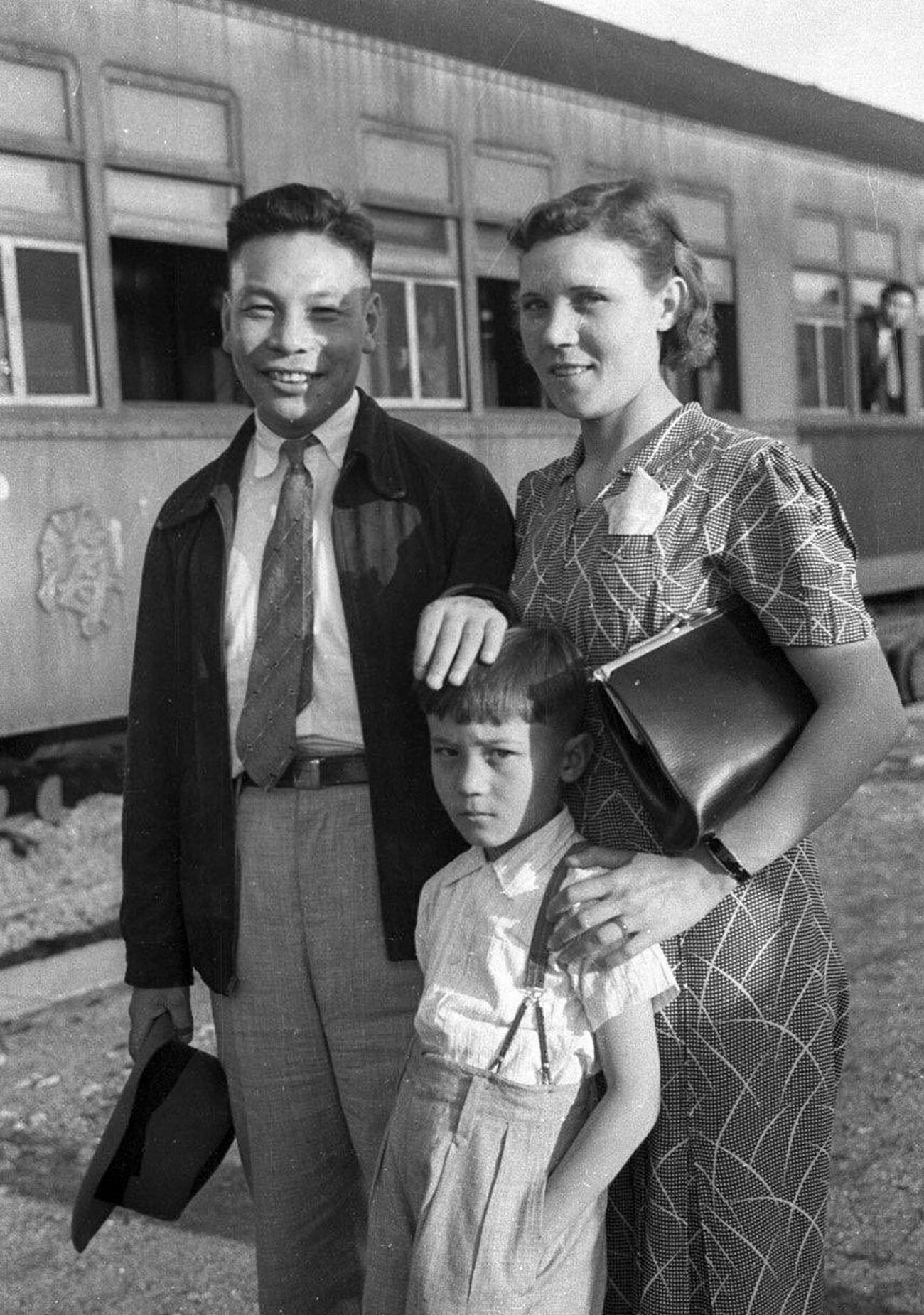
Chiang Ching-kuo with his family.
Legion MediaOn November 16, 1936, Chiang Ching-kuo submitted a request to be transferred from candidate member to full member of the All-Union Communist Party (Bolsheviks), as the Soviet Communist Party was then known, and in it he again expressed a negative attitude towards his father: “My father, Chiang Kai-shek, is a renegade and traitor to the Great Chinese Revolution and he currently heads the Chinese Black Reaction. I opposed him from the very first moment of his betrayal.” Years later, however, the future Taiwanese leader confessed that he had solely made such declarations under pressure.
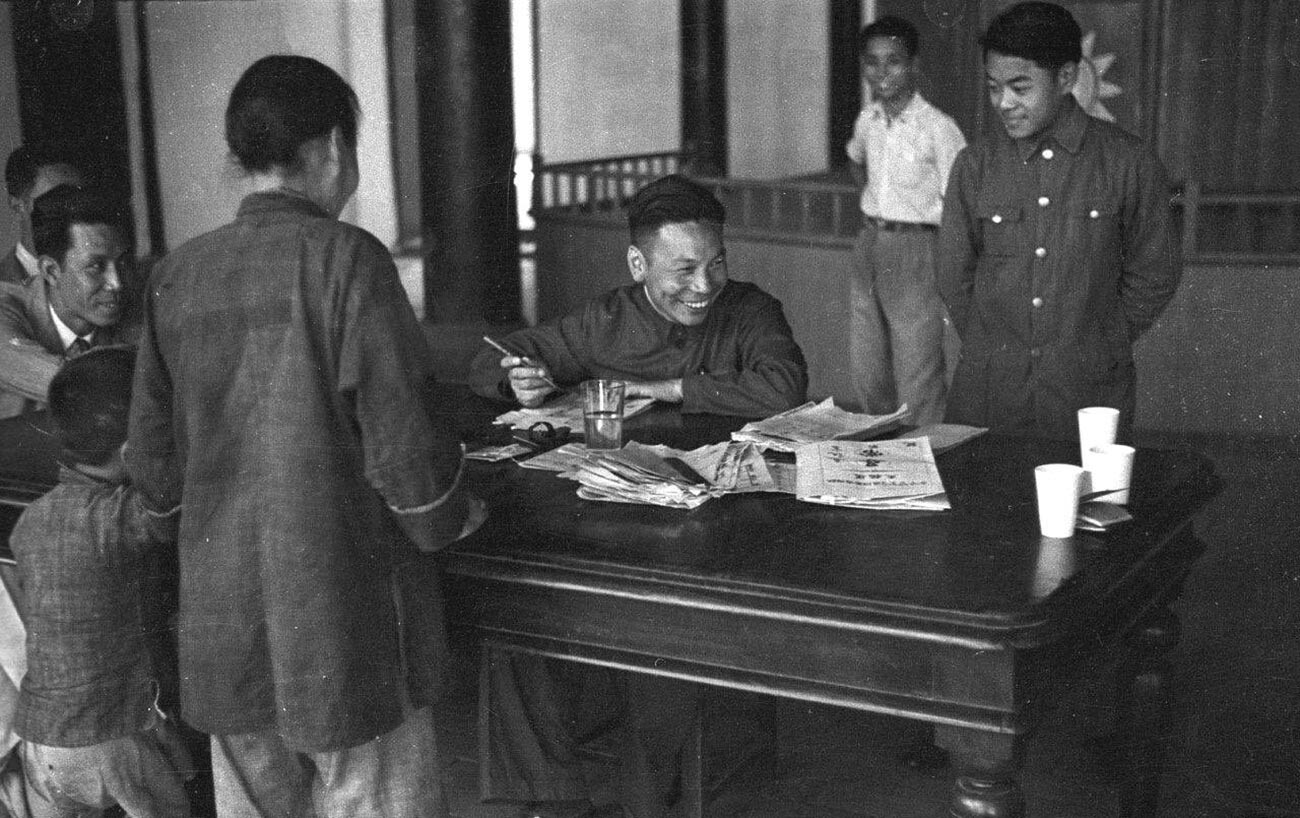
Chiang Ching-kuo in China.
Public DomainChiang Ching-kuo’s subsequent life in the USSR is cloaked in secrecy. It is known that, after having become a member of the party, he soon stopped adhering to communist ideals and increasingly contemplated returning to China. Somehow he managed it. In May 1937, he quit his job, traveled to Moscow and, from there, together with his family, he left the country by train.
An ordinary worker from the Urals could never have undertaken such a trip. The most plausible explanation is that the son was sent to be reunited with his father on Stalin’s personal orders. In the face of a growing threat from Japan, the Soviet leader needed a normalization of relations with the Kuomintang.
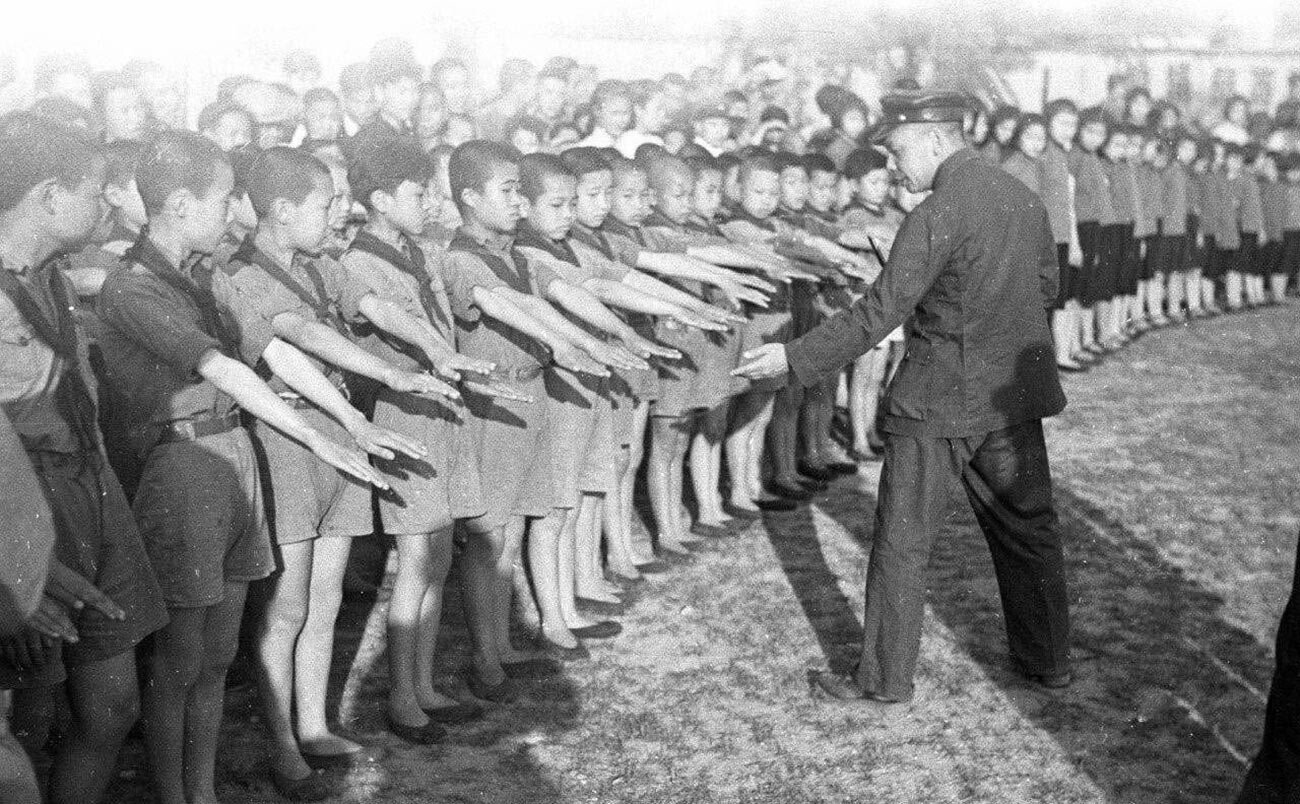
Chiang Ching-kuo.
Public DomainChiang Kai-shek immediately forgave his son and brought him into his circle of close confidants. Faina Vakhreva was also accorded a warm welcome. She was given the Chinese name Fang-liang, which means “upright and honest wife”.
Nikolai Elizarov the Communist was permanently consigned to the past, while Chiang Ching-kuo became one of the most important figures in the Republic of China. It was Chiang Ching-kuo who traveled to the Soviet Union for talks with Stalin regarding the development of bilateral relations in 1946.
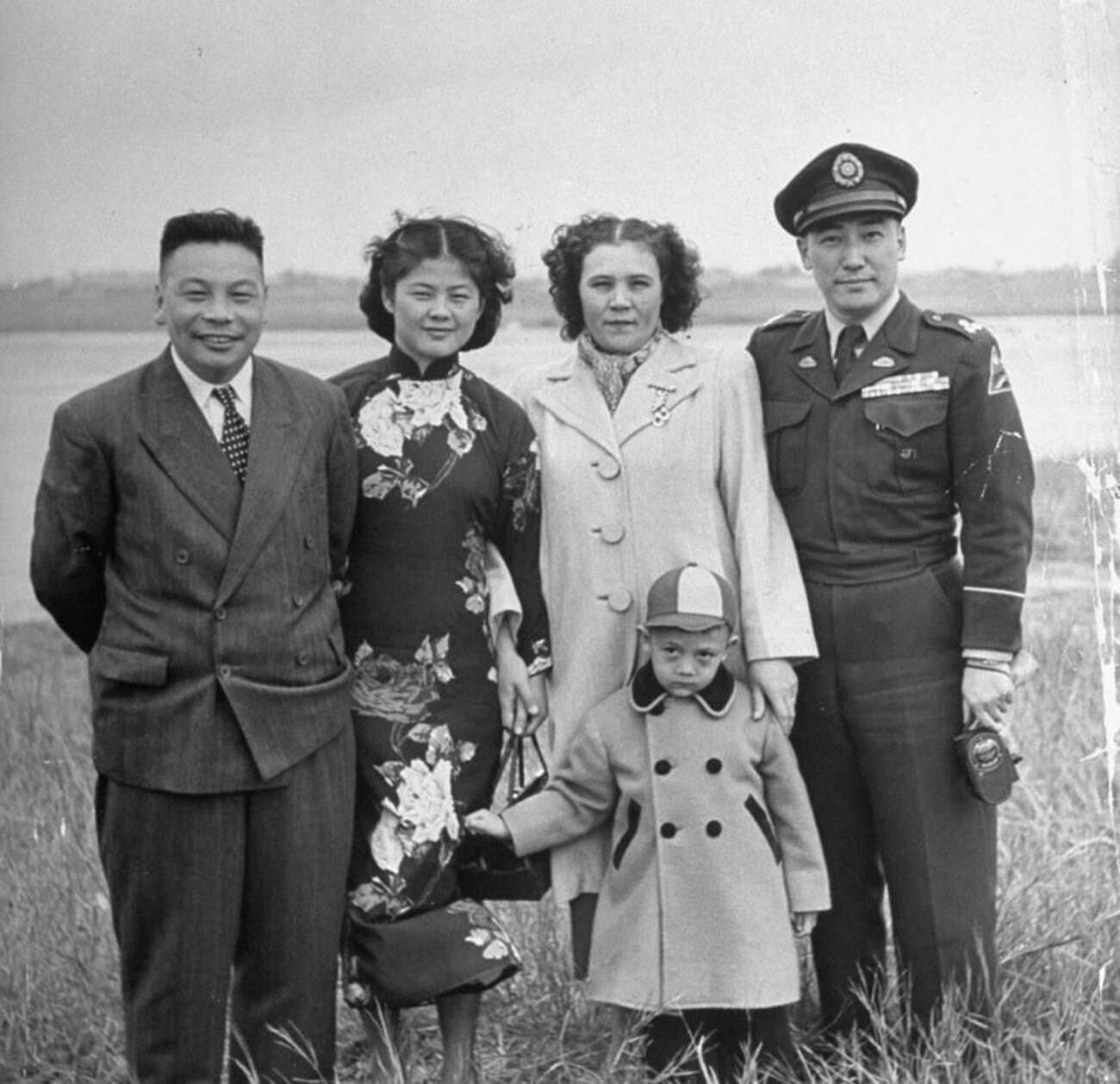
Chiang Ching-kuo with his family in the 1950s.
Legion MediaAfter the defeat of government troops by the People’s Liberation Army of China and the evacuation of Chiang Kai-shek’s supporters to Taiwan in 1949, Chiang Ching-kuo headed the secret police on the island and was involved in the hunt for internal enemies, something that spiraled into a whole wave of brutal repressions.
At the same time, after taking the helm of the Republic of China (Taiwan) shortly after the death of his father, Chiang Ching-kuo did a lot for its economic prosperity and its transformation into one of the “Asian tigers”. The president himself was noted for his extremely modest way of life, something that he had picked up during his time in the USSR and he gave away a large part of his income to charity.
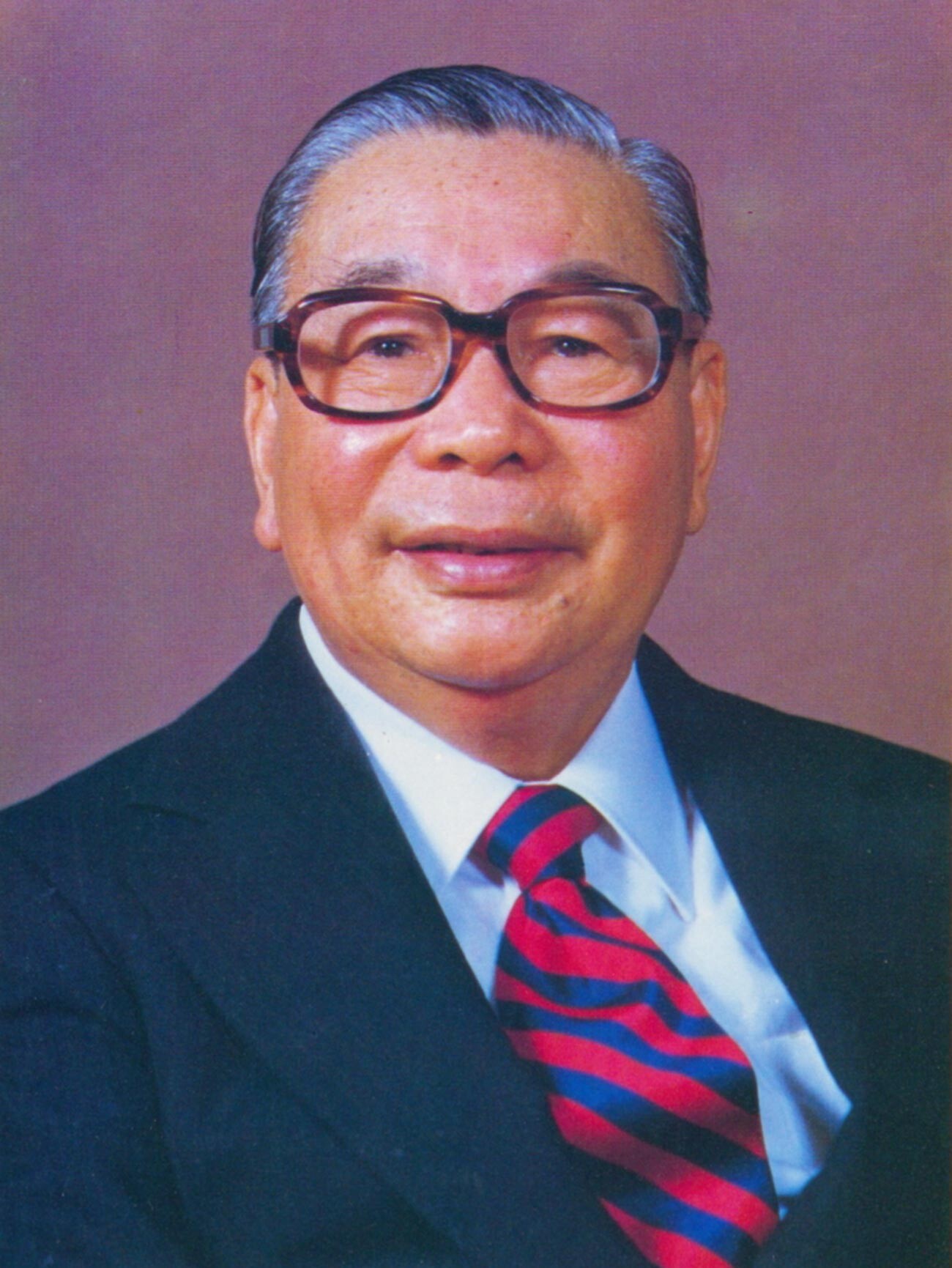
Chiang Ching-kuo, President of Republic of China (Taiwan).
National Assembly (Republic of China)The country’s first lady conducted herself in an equally modest manner. After her husband’s death in 1988, she turned down the pension she was entitled to as the wife of a president and was content to draw the much smaller pension of a civil servant’s wife.
Surviving almost all of her children, she spent her remaining days in an old people’s home. The former Urals factory worker Faina Vakhreva was buried with all due honors in Taipei in 2004 in the presence of the most senior dignitaries of the state.
If using any of Russia Beyond's content, partly or in full, always provide an active hyperlink to the original material.
Subscribe
to our newsletter!
Get the week's best stories straight to your inbox